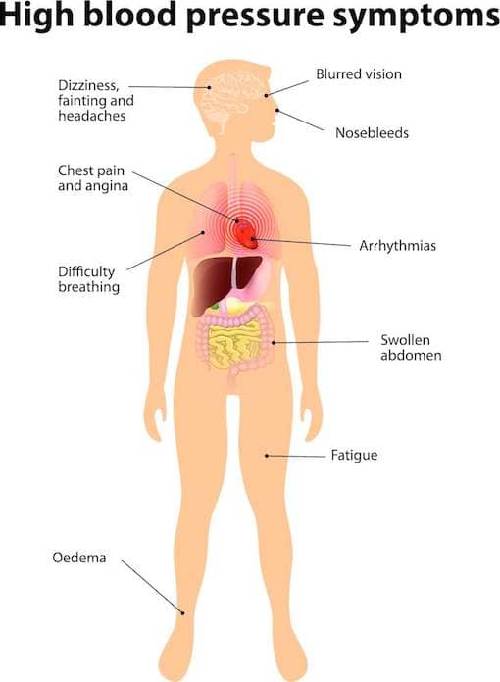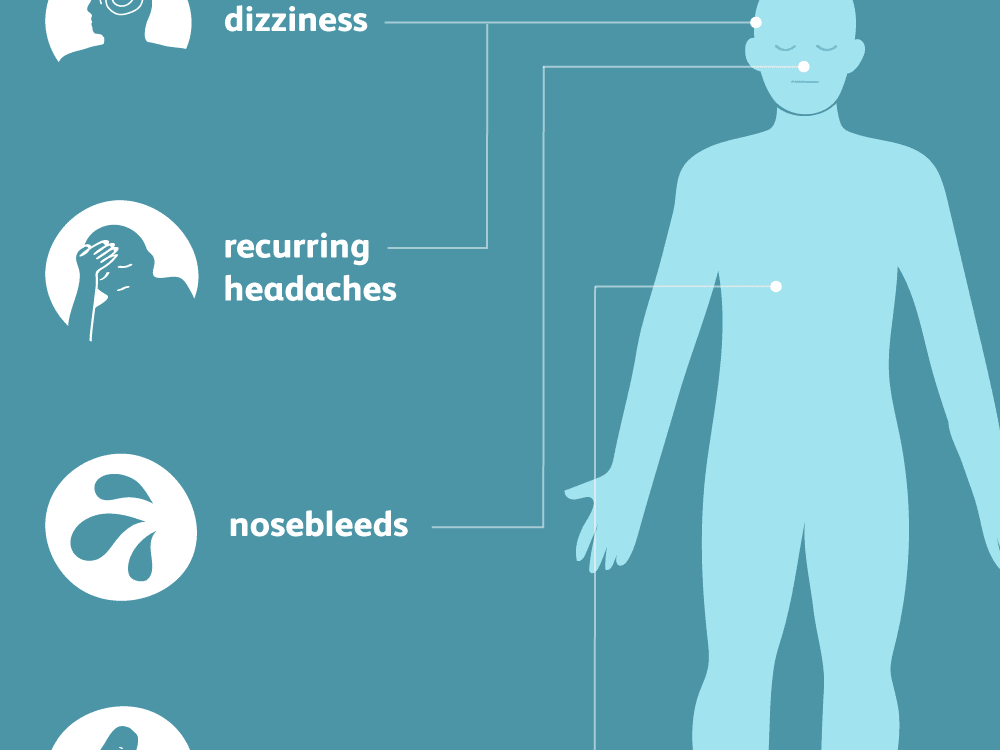
There are two stages of hypertension: stage I and stage II. In stage I, the doctor will recommend lifestyle changes such as increasing physical activity and avoiding salt. In stage II, the patient may need medications. If the condition is severe, the person may experience a hypertensive crisis. This is an emergency situation wherein the blood pressure is over 180 or 120. This can lead to damage to internal organs and death. Symptoms of stage II include dizziness, headache, and visual changes.
The symptoms of essential hypertension are less obvious than those of secondary hypertension. Although the cause of this type of hypertension is unclear, it is believed to be related to genetics, lack of exercise, and obesity. In either case, the high pressure in the bloodstream causes the heart to work harder than it needs to, which can increase the risk of heart disease, stroke, and kidney failure. Without adequate oxygen and nutrients, the blood cannot flow as it should and the heart is unable to effectively pump.
Despite the lack of symptoms, hypertension is a leading cause of heart disease, stroke, and kidney failure. This disease is a common precursor to the development of diabetes and kidney failure. The heart is unable to pump enough blood to other organs, which can lead to a variety of medical problems. If it continues unchecked, it can lead to death. When the pressure is too high, the body becomes less efficient at pumping blood to the various parts of the body.
If the blood pressure level remains untreated, hypertension may lead to heart damage. The circulating blood can harden arteries and reduce oxygen flow to the heart. This can lead to chest pain and a heart attack. In these cases, the heart cannot pump enough blood, resulting in damage to the muscle cells. In addition, it may also lead to heart failure, which results in irregularity of the heart’s rhythm. These factors can eventually lead to sudden death.
In most cases, hypertension is an underlying cause of other health conditions, like diabetes, and stress. It is a major risk factor for heart disease and kidney failure, and can even cause vision problems. The symptoms of hypertension can be silent, and the condition may be treated in a variety of ways. If it becomes severe, however, the patient should see a doctor to treat it. It’s important to know the risks of essential hypertension, because it can make the patient more vulnerable to other diseases.

While the symptoms of hypertension are not always apparent, they can cause serious damage to the heart. Excessive pressure on the heart can cause the arteries to harden and restrict blood flow, reducing the amount of oxygen in the blood. If untreated, the high blood pressure can lead to heart attacks or heart failure. The damaged tissue may result in sudden death. Once diagnosed, treatment for hypertension is essential to prevent any serious complications.
Group 5 hypertension can be caused by several health problems. Most people are salt sensitive, so eating salty foods can raise blood pressure. Other risk factors include obesity, diabetes, and excessive magnesium in the diet. In addition to these, chronic alcohol consumption and unhealthy lifestyles can cause pulmonary hypertension. There are also various medications available to treat essential hypertension. Regardless of what the cause is, the condition can be treated successfully. If you are experiencing any of these symptoms, consult your doctor immediately.
There are several treatment options for hypertension. Lifestyle changes and medications can be used to manage the condition. Patients with early-stage hypertension may benefit from early diagnosis and treatment with cardiac specialists. Penn Medicine’s Cardiology Department offers the most comprehensive hypertension center in the region. If you are experiencing symptoms of hypertension, visit our clinic today to get a complete assessment of your risk for heart failure. There are many options available.
Most people with essential hypertension are salt sensitive. Excessive salt can increase the pressure in the blood, causing damage to the heart. As a result, elevated blood pressure can lead to heart attacks and heart failure. Symptoms of high blood pressure include chest pain, irregular heartbeat, and loss of consciousness. When left untreated, hypertension can lead to sudden death. Fortunately, the condition can be treated. The best treatments for hypertension are those that improve your health and reduce the risk of cardiovascular complications.